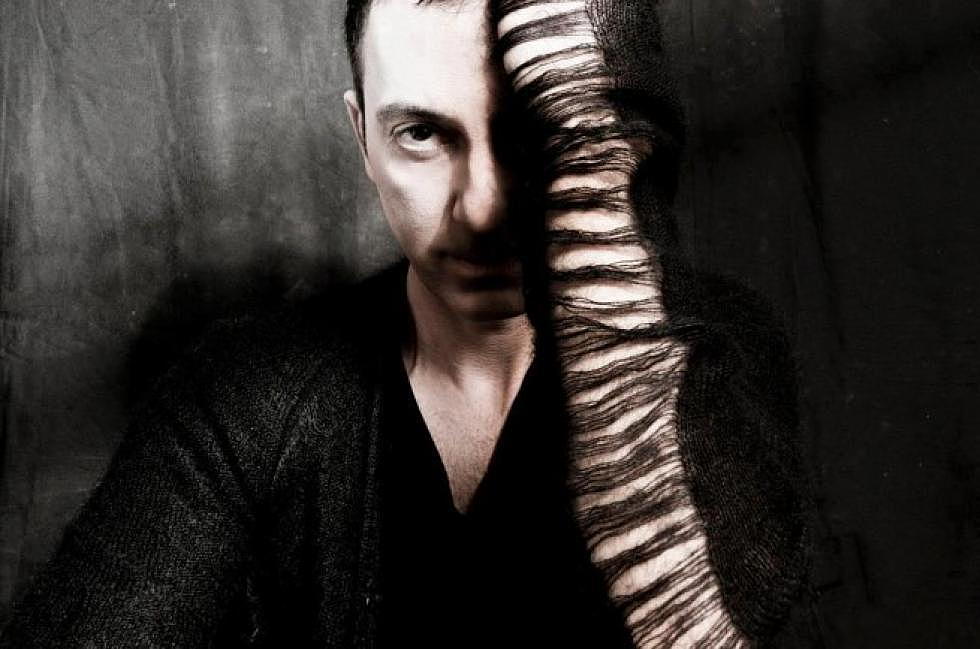
elektro exclusive interview with Dubfire
What’s the story behind your stage name, Dubfire?
Ali: We had a huge diplomatic community in the DC scene; a lot of DJs and people who were part of the scene used their first names, and they were all from middle-eastern backgrounds. Their names were very ethnic and I didn’t want to be one of the many. I didn’t want to be DJ Ali, so I figured Dubfire would be great because I love dub reggae music.
How was your musical upbringing?
Ali: I was seven when I left Iran; I’ve never been back, so I have no memory of any sort of music scene back there. I don’t even think I was really into music all that much growing up, but my dad has published some poetry and I think maybe I inherited his artistic gene.
With all the new music being released now, how do you sort through it all?
Ali: Its really hard. Sometimes you have to go through a lot of demos, other times it takes certain people on your team to sift through everything and narrow it down to what they think we gravitate toward. A lot of people now are making cookie-cutter average Beatport-friendly tracks.
Do you miss the days of turntables?
Ali: I do miss turntables. Every once and a while I’ll do a special b2b set or party with vinyl, but I’m constantly looking to the future and looking ahead. I think we should embrace the technology and what it’s allowed us to do in terms of music.
A lot of the commercial tunes coming out tend to lay out a story for the listener in a short span of time, whereas your music unravels slowly in a way that allows us to ride out a set for hours. How do you keep the crowd engaged, especially during some of you marathon sets?
Ali: It’s hard these days because everybody has short attention spans, especially in America. But you hope that the kid that’s getting into electronic music via Afrojack, or Tiesto, whoever it may be…at some point they’re going to hit a wall and go, “Okay, this music isn’t giving me any sort of deeper meaning anymore, so let me see what else I can find and what else is available.” That’s what you hope. And that’s why you have people like Richie Hawtin who did this thing with Deadmau5 at SXSW. You have to try to invite people into your scene and show them that there’s another way in. I think everybody assumes that there’s one main door that will enter them into this world of EDM, but there are many different doors.
What does your father think now about how your career has played out?
Ali: He’s into it. With Persian families, they obviously want their children to go into a more reputable field of work; they want you to become a doctor or a lawyer or an engineer, something like that. It took a while for me to convince them that this was a viable lifelong occupation. Once I started making money off it they saw that I was sort of on the right path.
Do they like your music?
Ali: I think they understand it now.
More From Elektro Daily









